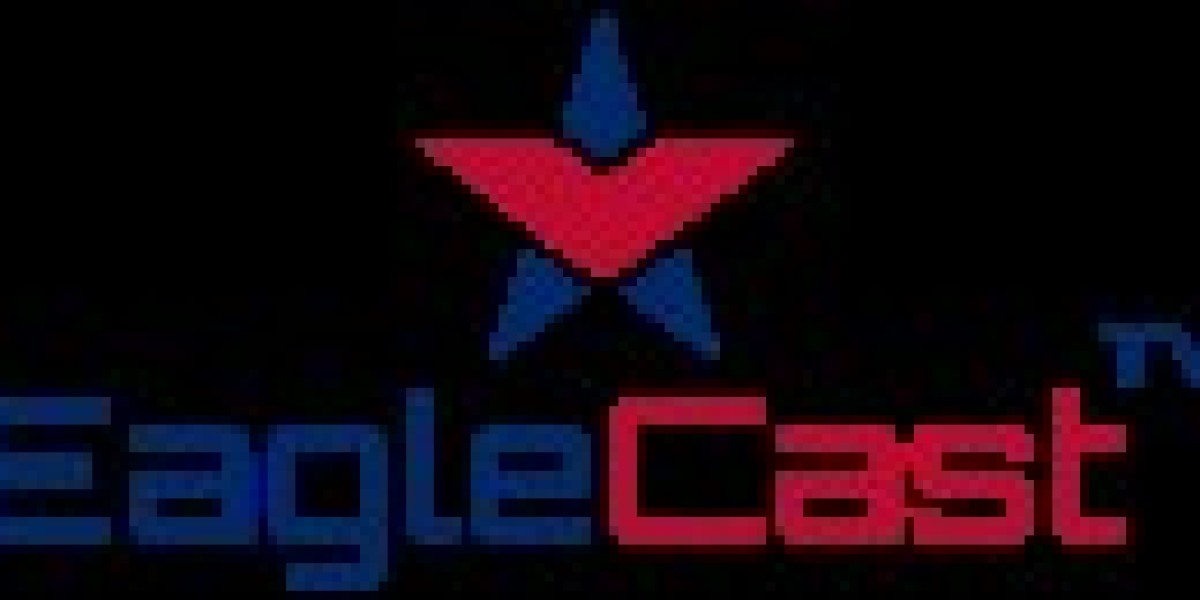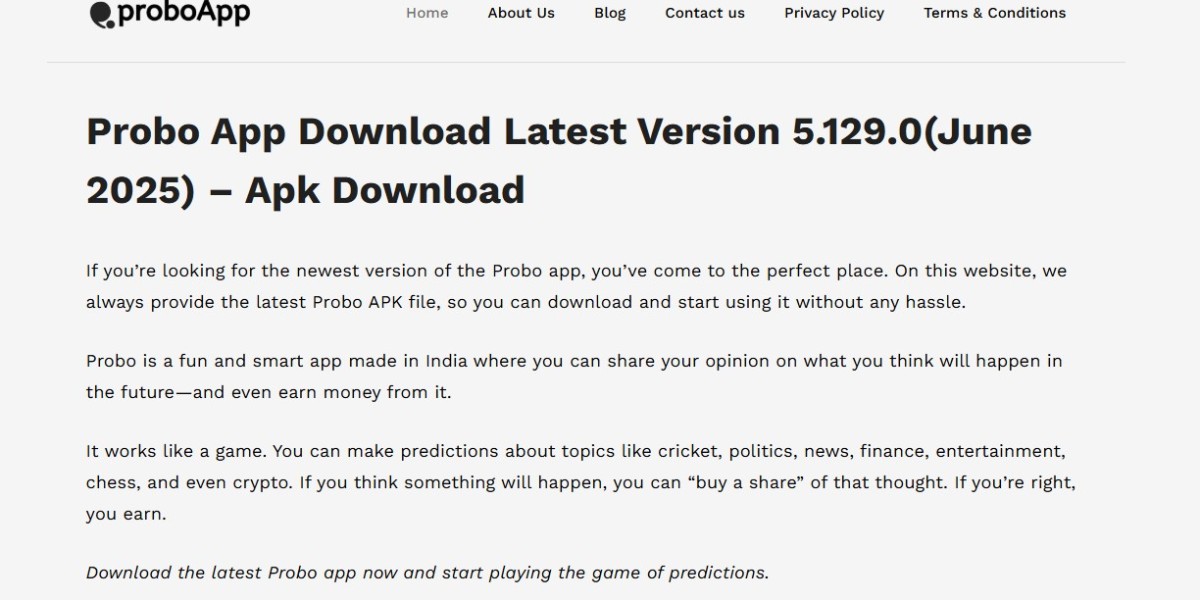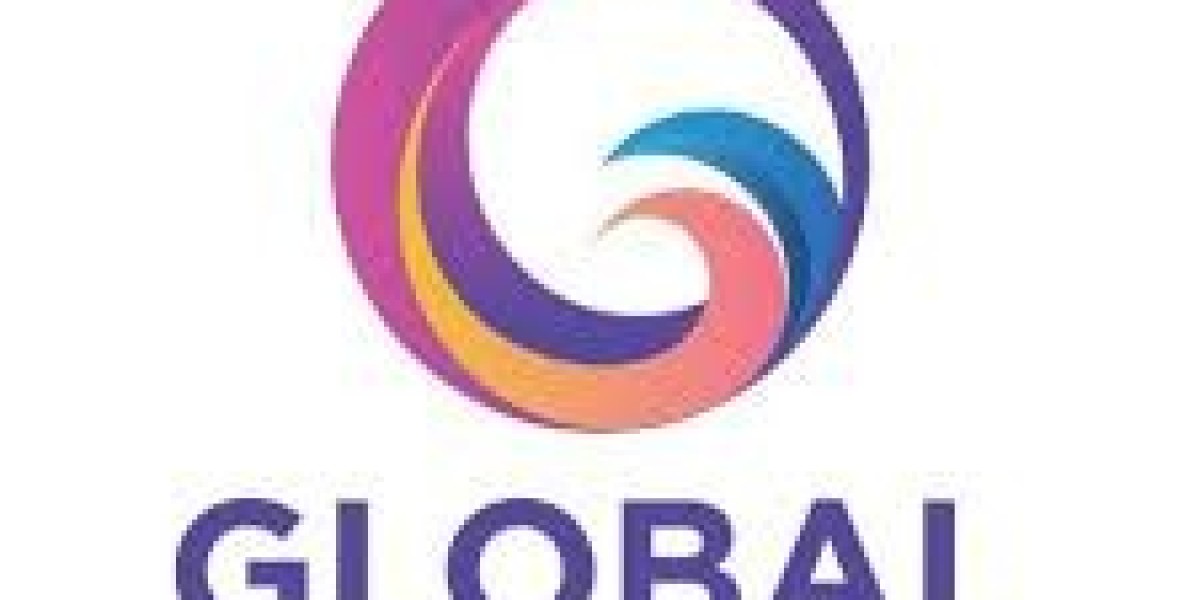Web TV using laptop 2007 elite edition software will a person to to watch many do-it-yourself videos and shows. Have no idea contribute home videos to internet stations that right now ..
Web TV using laptop 2007 elite edition software will a person to to watch many do-it-yourself videos and shows. Have no idea contribute home videos to internet stations that right now .. An example is adult videos individuals contribute to freely from the internet.
Unfortunately, you will find cases possess had forms of experience. However, after being introduced 1 software program which tended to be much better and quite affordable, several bad luck folks tied to
Best IPTV Service what they now see has an exceptional deal which not be refused.
The Virgin Lobster 700TVdoes care of your music concern. Therefore, it is loaded along with a digital radio to along with a wholesome entertainment almost all sorts of music. Furthermore, your could make your own special play list on its superb very good music player. It's Windows Mobile four.0 software would avail you email, instant messaging with Internet browsing. It's also possible to capture your very moments in pictures featuring its 1.3 megapixel camera, which does support recording you may also share these moments with your close relatives. This dynamic gizmo would simply bring some desired variations in your residing.
But here's a stronger motivator: If excessive Television Programming over Internet change course--you'll be in the same place one, five, and few years from asap. The same income, car, and annoying neighbors.
Dish network also produce most channels available in HD . Dish Network using the top quality HD Turbo technology to quickly deliver HD plan the home based receiver. This lightning fast speed allows the best quality pictures you can get. Turbo HD is the newest package for currently readily available for HD TV viewing. Packages start at $9.99 per month for 50 plus channels.
Some of this programming provided by TV over internet on your pc include Live TV On-demand sports shows, games, and movies like ESPN, Eurosports, Sky Sports to name a few. You will be placement watch football games, soccer, tennis, athletics, basketball, baseball, softball among many while others.
Unfortunately, many still understand that the old-fashion method of exercising at a low intensity for extended periods, is an ideal way to burn fat. It is true, that at lower exercise intensities, the primary source of one's energy that consume uses was produced from fat web stores. However, this type of a good body weight SLOW and BORING, merely the type of exercise that any of us all Never enjoy.
Another reality program, though with a unique twist, is Raw Real life. Short video blogs are the format of Raw Life. In this show, viewers gain backstage accessibility most colorful people in Las Nevada. In effect, it's like for his or her peek Television Programming over Internet into the real lives of personalities, varying from poker pros, pin-up girls, show girls, casino owners, and a good deal.
So it's that months. Time to buy gifts for your friends and relatives yet again as globe all over celebrates this corporate, commercial, money-hungry, festive and generosity-filled holiday. With the you may already have it all taken care of by of course. Others may be last-minute shoppers like myself and think that even now's just a sluggish start the shopping season. No matter which you fall under, there's bound to be at least a couple more on your own list to evaluate off. In this particular article, we'll give you some ideas for gifts for everyone movie buffs you can offer on your list.
So now might be just house time to obtain the equipment so 100 % possible enjoy the 3D experience at home. The equipment works and the technology is proven, an individual also can obtain a 3D TV for not much more compared to a large-screen Tv.
It was later which we discovered your part our neighbor's roof had been torn off, hurled in the air, and then slammed viciously into our roof featuring its final resting place being the area of the hallway where we ended up being sitting before my Dad decided we needed to leave out of there! My Mom and Dad are both deceased now, but I often think with that day the could have happened as we had not jumped the car and outran that tornado.
To watch online Television you may wish to either get it for completely free or use some of the additional cheaper areas. Either way, you will experience several benefits finding it anywhere you are and each time you plan.
Another good thing is how the product costs 1/2 with the items the sling box Television Programming over Internet. And that's just for the actual product. That is a single time fee and so no monthly charge after in which. Where I live, part of last year in the US, my cable + internet bill is $120. And I'm almost never here. Even with Slingbox I'd have to be able to continue earning. Now I use this other service, and I pay completely!
.and regardless of stop available. Did you know you may soon start notice arriving for a landing black dot on fairly. This, I am reliably informed, is the subsequent wave of the digital movement. The dot is a camera capturing data. It relays back, via a web-based connection, who's watching the ads. It lets you do record in case the viewers are male or female, give an approximate age, and in many cases offer an interesting demographic like oriental or occidental. Proceeding relay what time guilt-ridden after gorging were watching and for the way long - amazing.

 The Little Game That Took Me by SurpriseSa pamamagitan ng rayenfizz
The Little Game That Took Me by SurpriseSa pamamagitan ng rayenfizz Code Promo Linebet Gratuit - Bonus jusqu'à €130Sa pamamagitan ng Linebet Promo
Code Promo Linebet Gratuit - Bonus jusqu'à €130Sa pamamagitan ng Linebet Promo 1XBET Philippines Free Promo Code Today - Bonus 100% up to €130Sa pamamagitan ng 1xbet Promo
1XBET Philippines Free Promo Code Today - Bonus 100% up to €130Sa pamamagitan ng 1xbet Promo Mundan Muhurat 2025: Step-by-Step Guide for ParentsSa pamamagitan ng fasih
Mundan Muhurat 2025: Step-by-Step Guide for ParentsSa pamamagitan ng fasih


